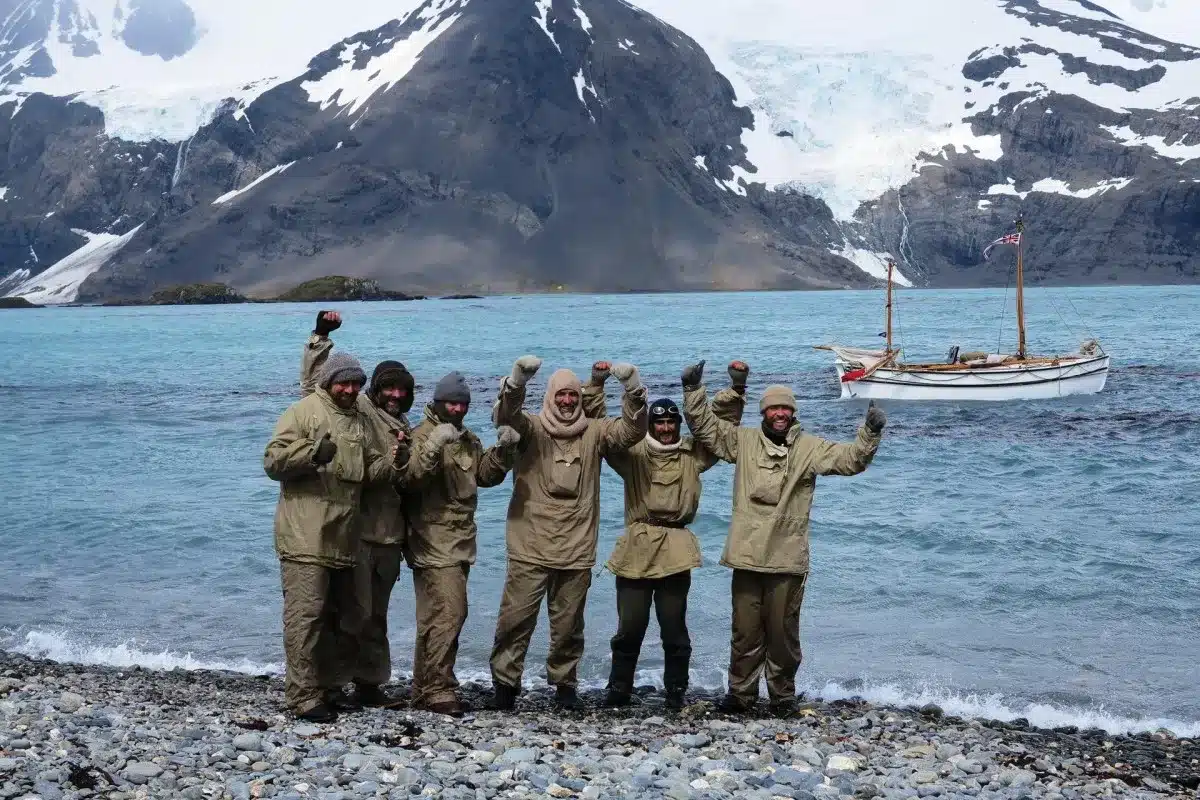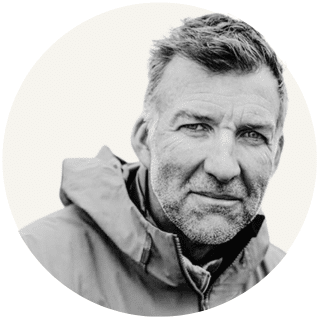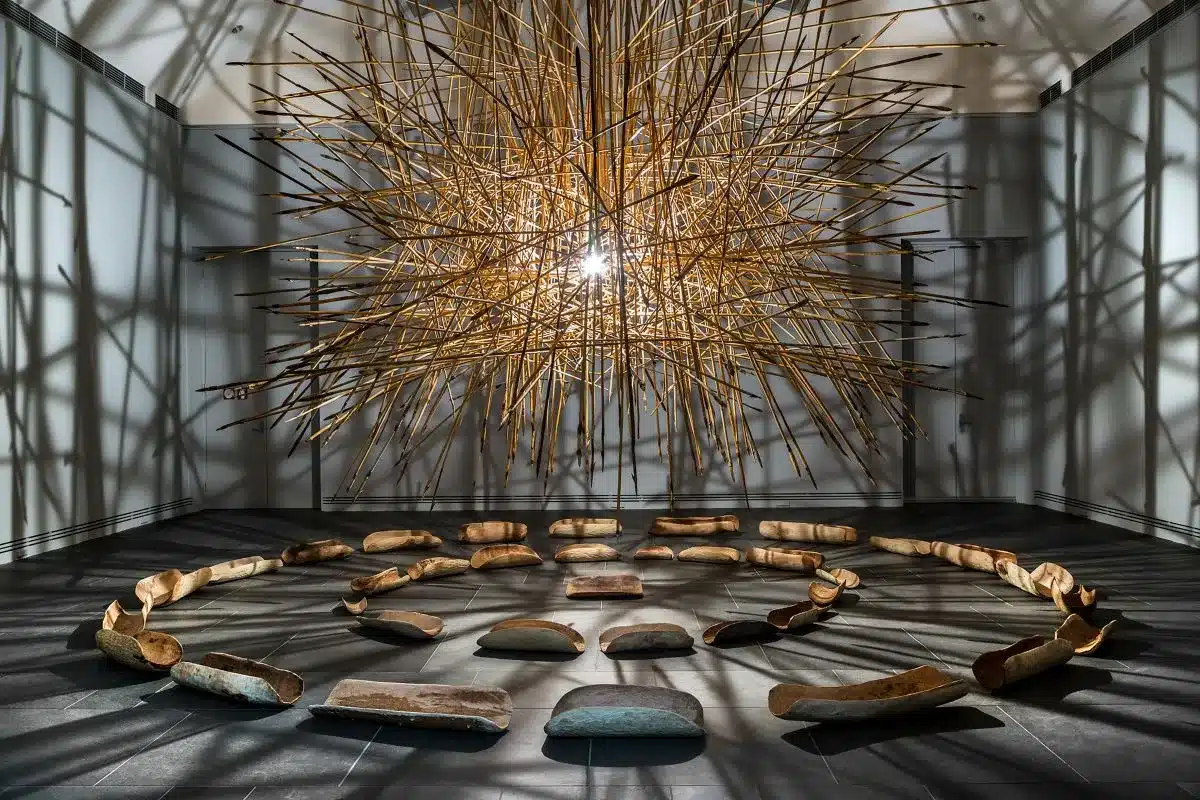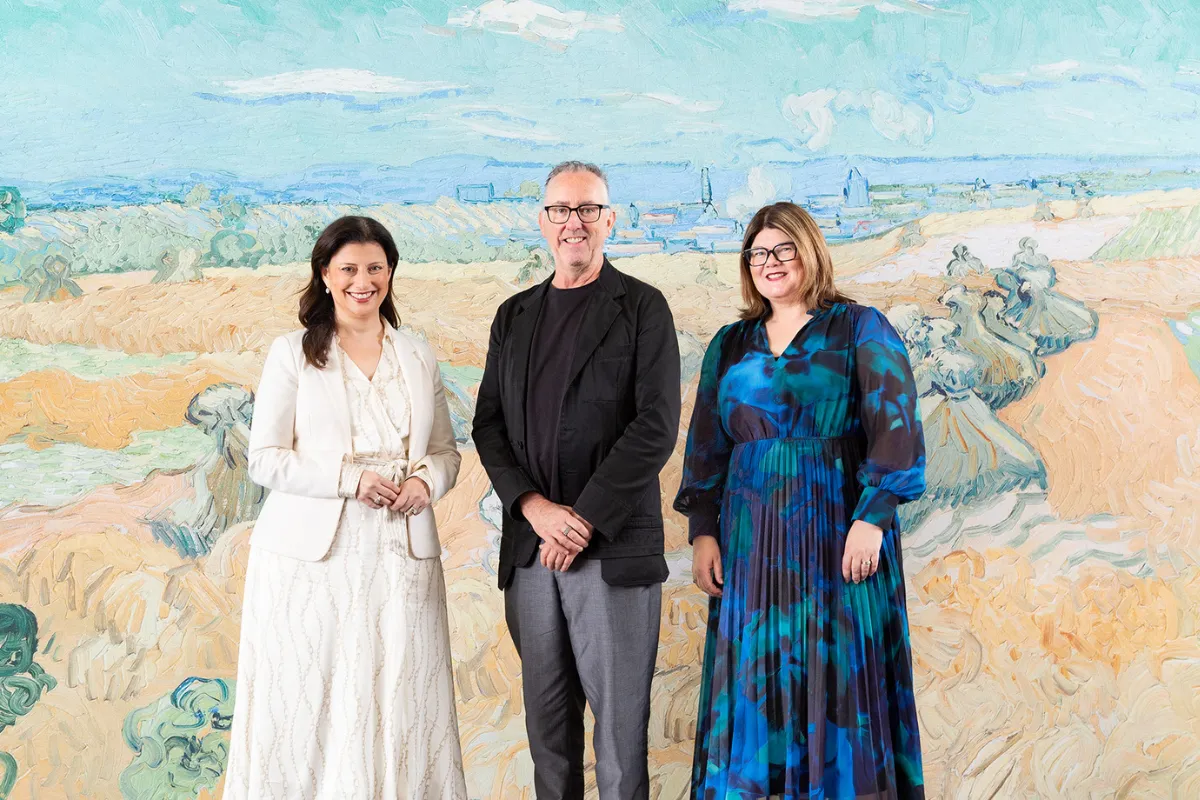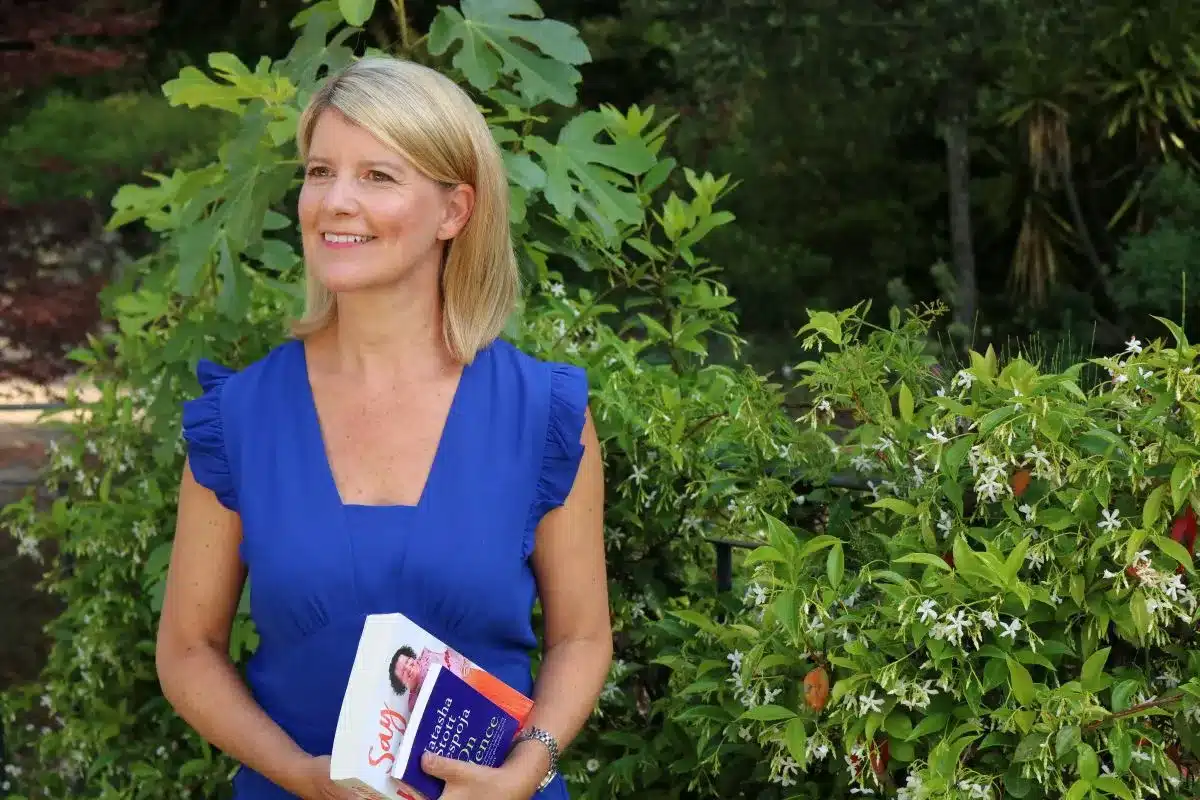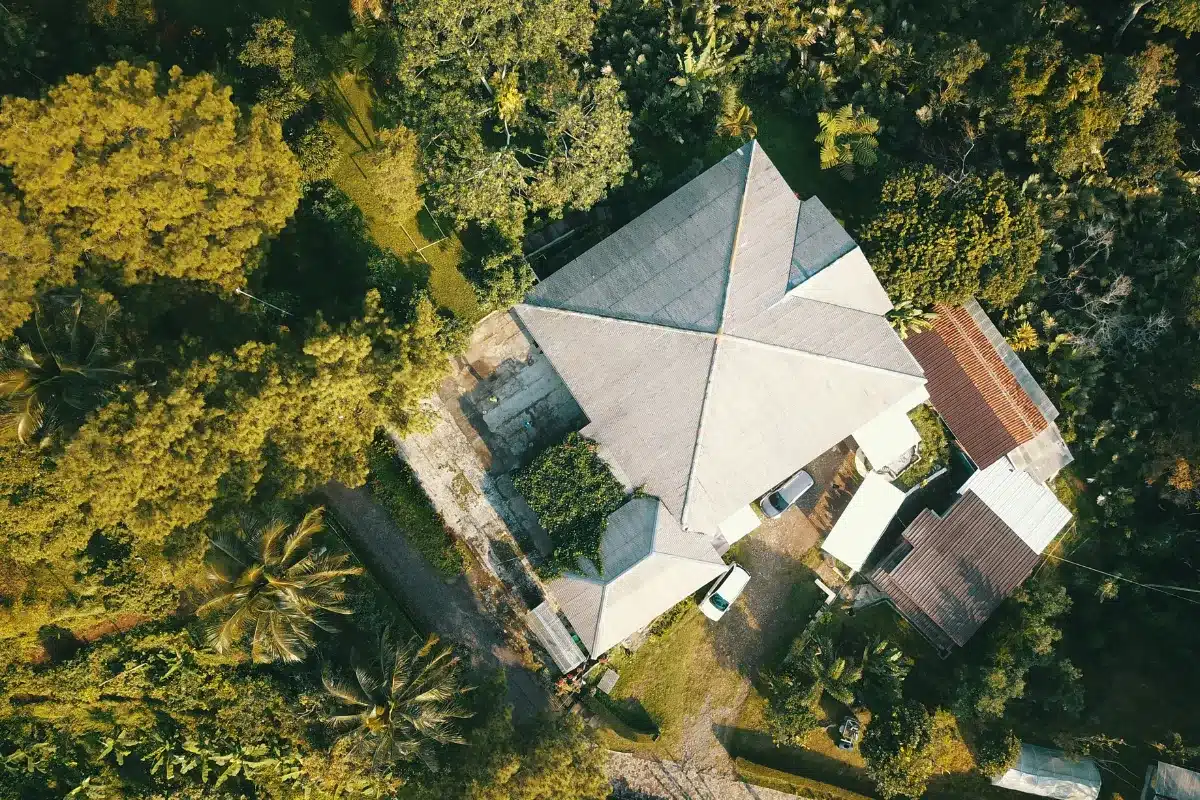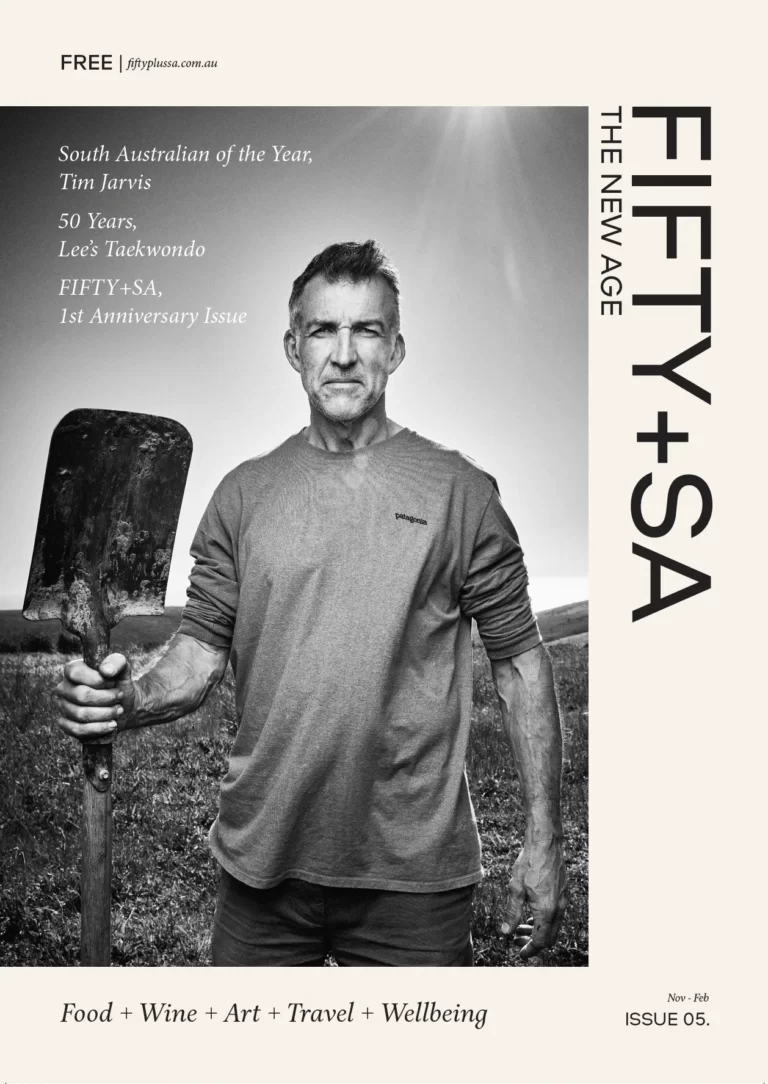The question of adventure versus exploration would have been entirely academic in days gone by, when large tracts of the planet remained uncharted, and exploring and adventuring were synonymous. But being a child of the 60s has relegated me to a world that has already been discovered – hasn’t it?
That we have explored more of our world than we had 50, 100 or 200 years ago is beyond dispute. When you set off nowadays your goal might be to find somewhere beyond the range of a mobile phone rather than an uncontacted tribe or new river. But even a cursory look at the facts tells you there’s still plenty left to discover. 80% of the world’s oceans remain largely unexplored, 90% of Antarctica’s peaks unclimbed, and as to how many species we share the planet with – expert opinion ranges between 5 and 50 million.
For the sake of argument, though, let’s assume we have ‘done’ everything and look to a topic I am well versed to shed some light on: the North and South Poles and the quest for the fabled sea route north of Canada – the ‘North-West Passage’.
The myriad expeditions launched by the Brits in the 19th Century to find the North-West Passage were really about finding a faster trade route from Britain to India. Commerce funded Franklin’s ill-fated journey, but it was his desire to be remembered for the achievement that drove him on. Past his prime and against better judgment, he resigned his post as governor of Tasmania to have a final go; an attempt that was to claim his life and all 170 of his men.
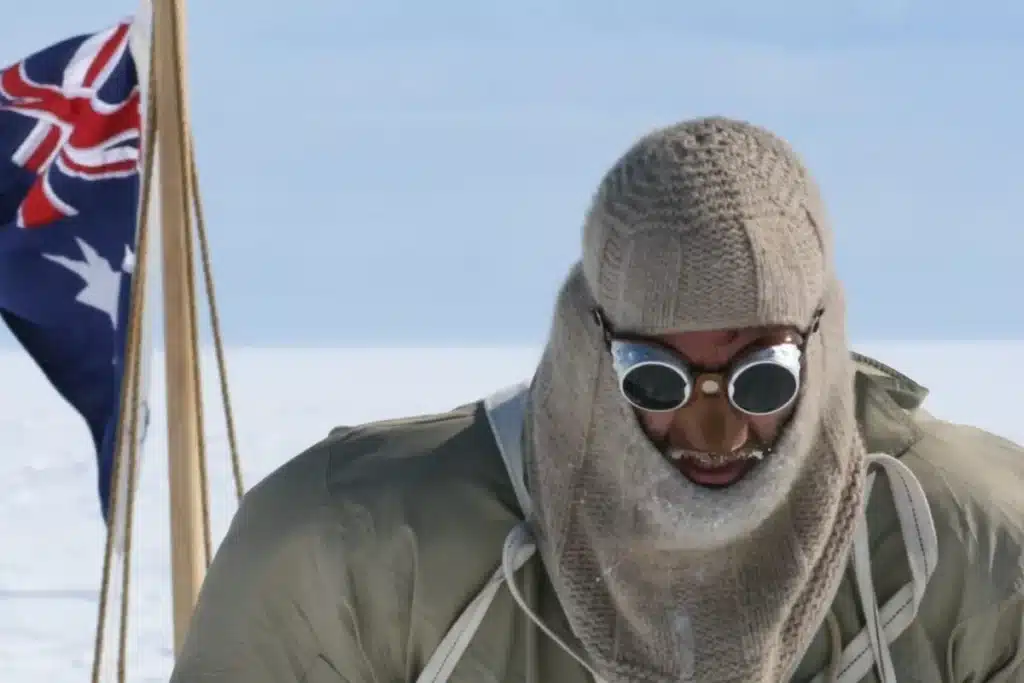
The quest to be the first to the North Pole, on the other hand, became a race between two men, Americans, Peary and Cook. Peary made it first, and his attainment resulted in the Norwegian Amundsen turning his attentions south. Amundsen did this not because he wished to ‘explore’ the South Pole per se, but because his aspiration to be the first to the North had been thwarted. It was his desire to be the first to ‘a pole’ that saw him reach the South ahead of the ill-fated Scott.
These journeys were amazing feats that happened because they served the dual purpose of satisfying the national interests of the countries represented and the personalities of the individuals concerned. At a personal level, Peary, Scott and Amundsen were driven by a healthy dose of ego and the promise of recognition at some level. These reasons remain true today, with the possible exception that in professional exploration circles national pride is perhaps replaced by the corporate sponsor. For me personally, however, it has never just been about literal exploration; in my experience, the main reason we embark on such journeys is a thirst for adventure that humans need to experience.
Adventure is of course a tricky topic to pin down, with as many opinions as to what it is as there are package holidays that claim to offer it. To some it is something that happens when you haven’t done your planning properly. To others it is a raison d’etre, espoused by the likes of scientist Helen Keller who famously said, ‘Life is an adventure or it is nothing at all.’ To complicate matters, it is also frustratingly subjective – one person’s heart-stopping moment may not even be enough to cause another’s to miss a beat.
For me, this adventurous spirit leads me to embark on journeys where I don’t know what the outcome will be –not knowing what I’m going to find, not knowing whether I’m going to be up to achieving my goal, or some combination of the two. Exploration for me is the adventure of seeing whether or not you can achieve something, the thrill of trying, and the process of learning more about yourself and your surroundings that going on a journey to find out teaches you.
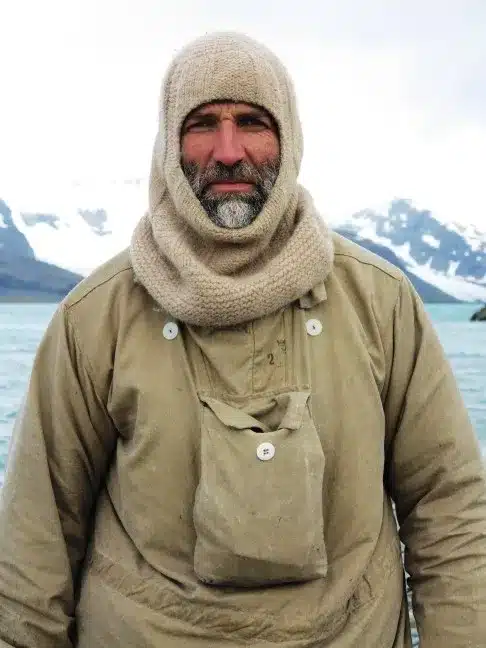
And ‘twas ever thus: it is why Amundsen went to the North Pole even though others had been there before him and why people still try to see if they can make it to the top of Everest or trek Kokoda today. Not to be the 10,000th person to do it, but to see if they can do it, because the journey and the challenges overcome along the way help them find out more about who they are.
That we as individuals need to challenge ourselves to find out more about the world and our place in it is, I believe, as relevant a concept now as ever. Humankind relies upon adventurous souls taking a few risks in order to progress. This human spirit of adventure lies at the heart of artistic expression, advances in science, medicine or politics, or any other sphere you care to mention. If for some people this manifests itself in the need to climb mountains and cross oceans just to discover what lies inside their own being, then so be it: we should not lose this desire to explore nor demean those who seek to, whether it is the adventure of personal discovery or a more literal journey of exploration. As Andre Gide said so eloquently, “It is only in adventure that some people succeed in knowing themselves – in finding themselves.” This spirit of adventure, whether literal or conceptual, is something that the freedom of more mature years can allow us to embrace.
Follow Tim Jarvis:

